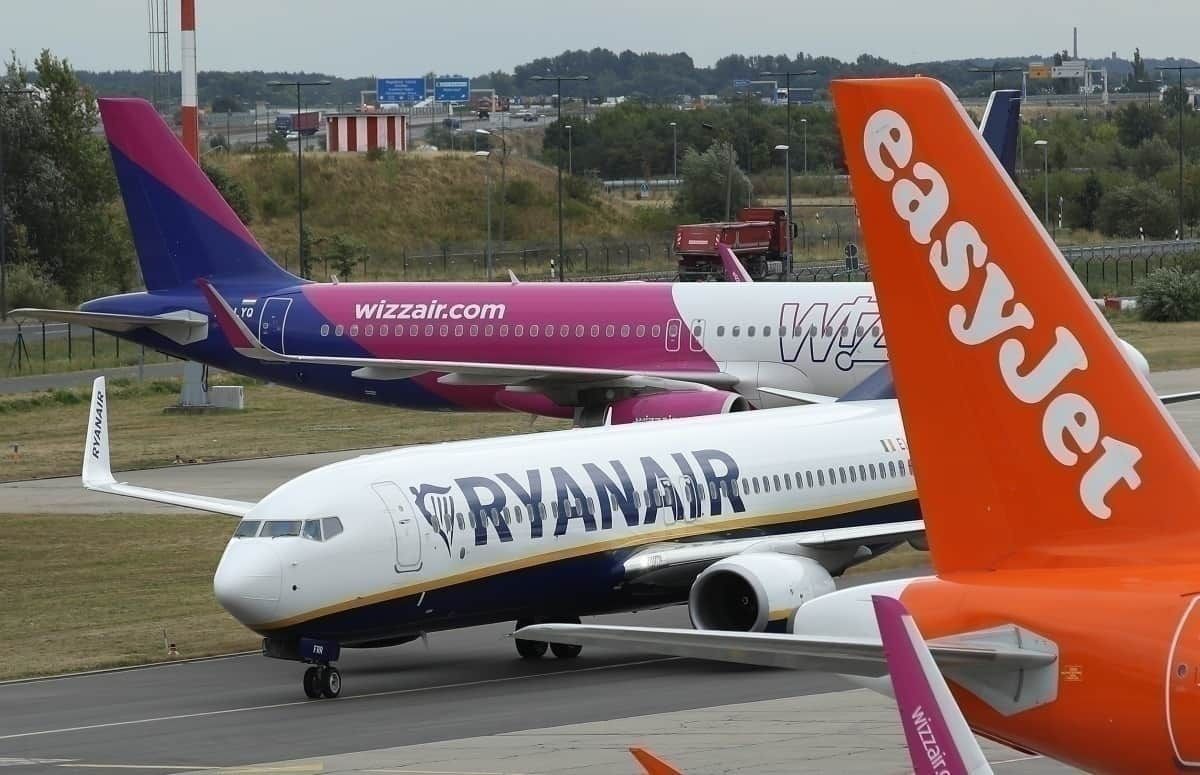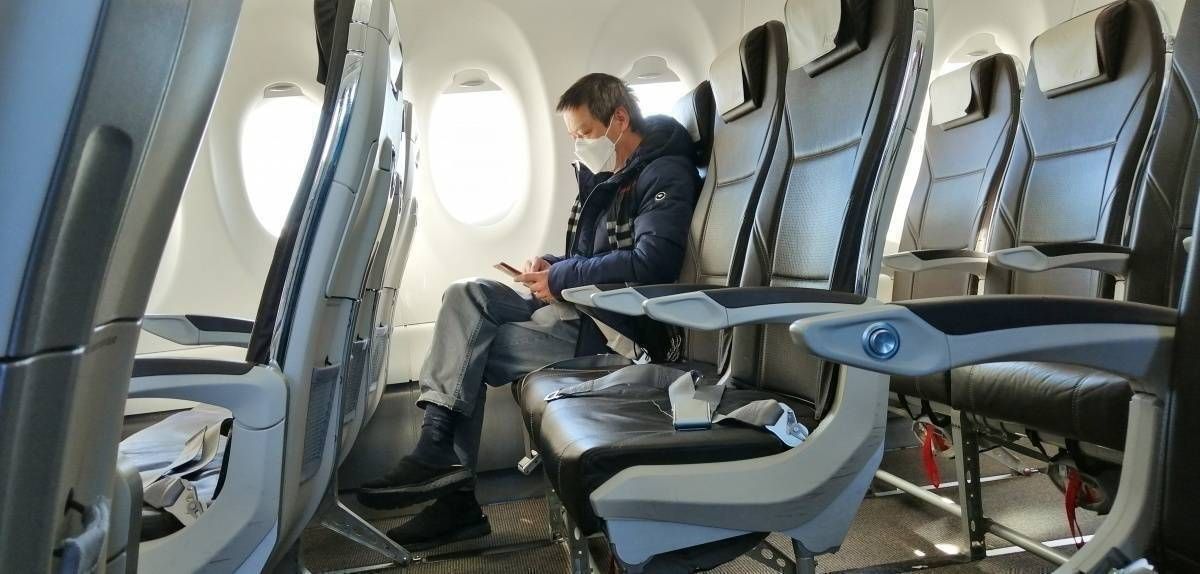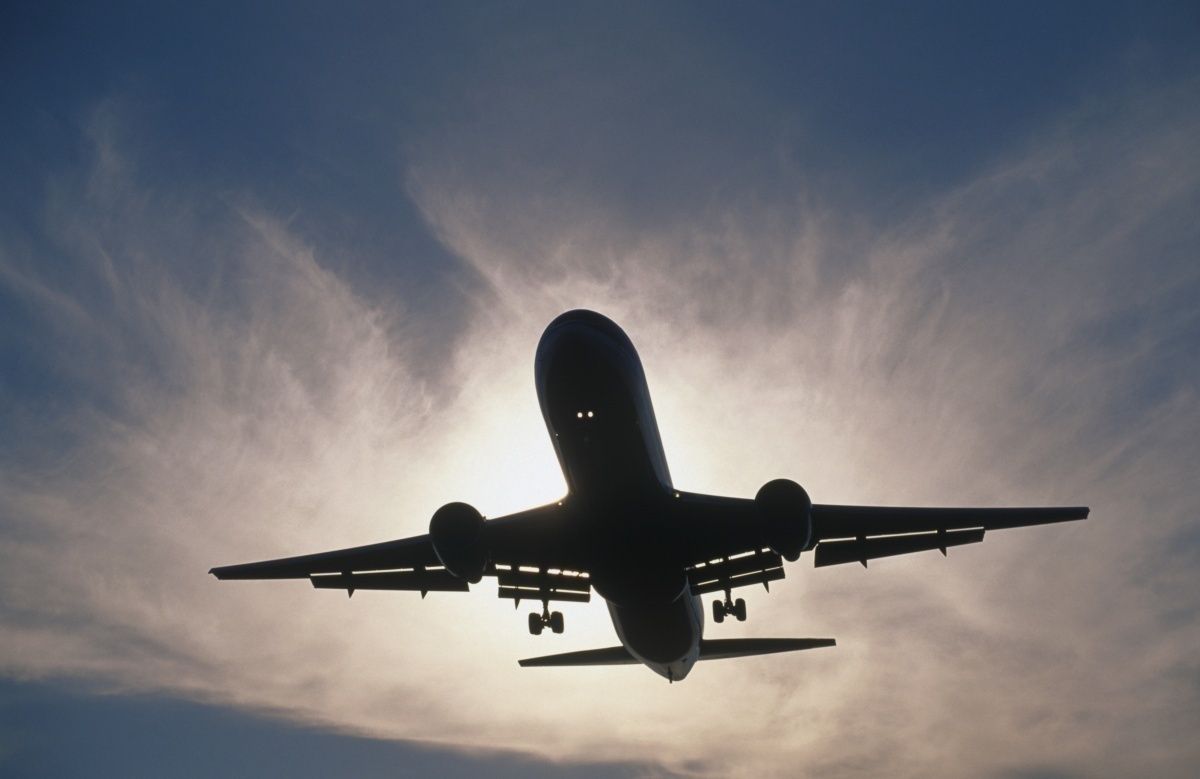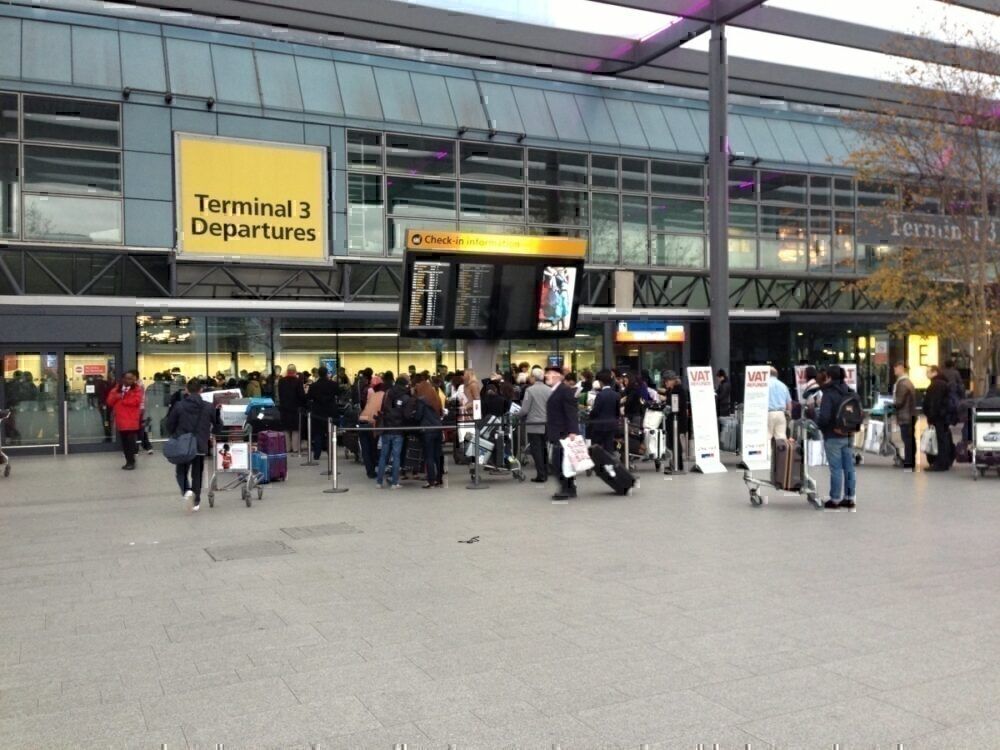With any hope, it won't be long before the airline industry gets back to normal. Once travel restrictions are lifted, it is hoped that many people will book trips again. However, the uncertainty over the economy post-pandemic could see fewer people flying than before due to financial strain. We take a look at whether low fares could be the antidote.
What might travel look like post-coronavirus?
Earlier this week, we took a glance at what air travel might look like after worldwide travel restrictions are lifted. With many changes coming our way, what seems to be the biggest is the financial impact on the industry. Not only is the strain on the economy affecting how airlines secure funds, but it's also affected personal income.
As such, a recession could follow the coronavirus pandemic. This would leave many out of pocket to fund anything other than necessities. As a result, it is believed that fewer people will take international trips for leisure purposes. However, it's not just money worries that will dictate whether people fly or not. There's also the subject of building up traveler trust.
Due to the social distancing measures and the extent of coronavirus cases around the world, people have begun to get wary of travel. To some, it seems safer to stay at home rather than travel abroad. This anxiety could be something that manifests further as the pandemic continues.
So, what can airlines do about this problem? While their crucial objective is now to get their services back up and running, they need to ensure that interest exists. Could low fares be the answer?
The advantages of low fare flying
Who doesn't like an airfare cheaper than the regular price? When it comes to appealing to those all-important customers, offering reduced-price tickets is likely to drive up demand. If airlines are preoccupied with their customer numbers, then lower airfares could be an attractive proposition.
Low-cost carriers are an incredibly popular way of flying simply because they are an economical option. While you may not get all the luxuries that you would if you footed a larger bill, low-cost appeals to the customer because it gets them where they want to be for a competitive price. It's the reason why many people can now afford to go on holiday faraway multiple times a year.
However, not only are low-cost fares attractive to passengers, but, in the future, they might be more aligned with the state of the economy. If people have less disposable income, then it's sensible for flight prices to match. It would mean that more people take advantage of flying without detriment to their financial stability.
All in all, this approach could promote and sustain the demand that air carriers need to continue their operation. It would help to re-establish the flying culture so that, if and when fares increase, passengers are already in the traveling modus operandi.
Will lower fares work?
Despite the advantage to the customer, offering low-cost fares might not be smart for airlines. Unfortunately, at this time, many airlines are struggling to stay afloat, and not all of them have bailouts secured. For these entities, then, they must regain cash flow to remain in operation. While lower fares will inevitably bring in money, it might not be enough to cover the real costs of the flight. Most airlines anyway, including low-cost carriers, operate at a small profit margin, and any loss to these funds could spell out trouble for the airlines further down the line.
Another consideration for the concerned airline is: what will happen when fares are raised? For many airlines, the low-cost strategy is not one that they will keep long-term. In that case, what happens to passenger interest once fares return to their normal levels. Could airlines see fewer people flying?
In this situation, there are many ways to mitigate that happening. Gradually increasing fares to mirror an improving economy, for example. However, this might still be a worry for some.
Something else which could preoccupy the wider aviation industry is that cheap tickets do not represent the true cost of flying. This has been a battle played out by larger airlines against LCCs in the past. The argument matters because the culture created around flying before the pandemic was one that promoted conscious travel with respect towards the environment. We risk losing that success by promoting cheap flying.
So, does the idea have wings?
Despite the disadvantage to airlines in the long-term, offering low-cost flights could undoubtedly be an excellent short-term solution to promote passengers to fly again. It would help to stimulate demand and works with the development of the economy. What's more, it ensures that international travel does not become a luxury for the few but continues to be a choice for the many.
Is it wise for airlines to offer low-cost fares post-coronavirus? Have your say in the comments.




